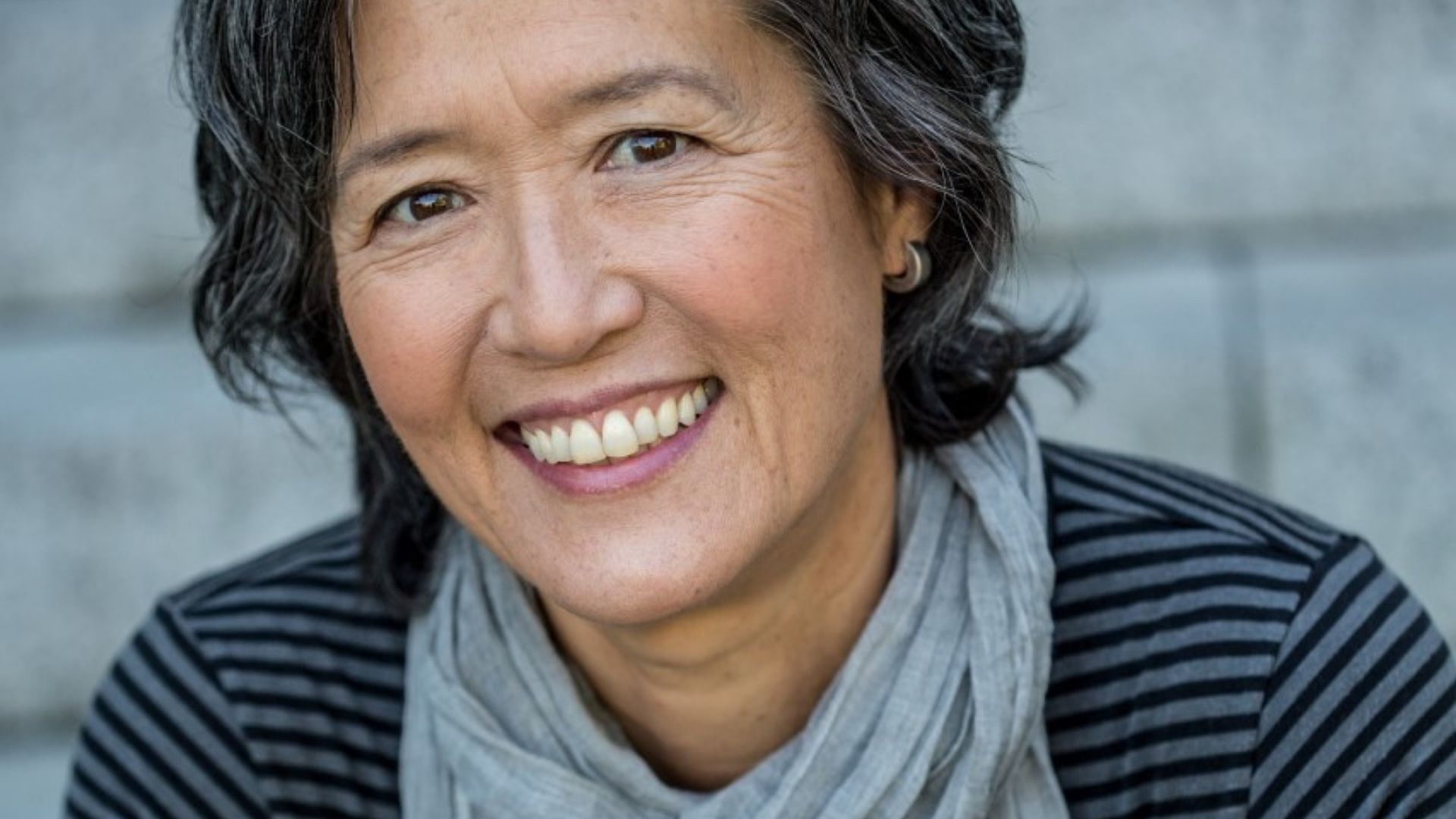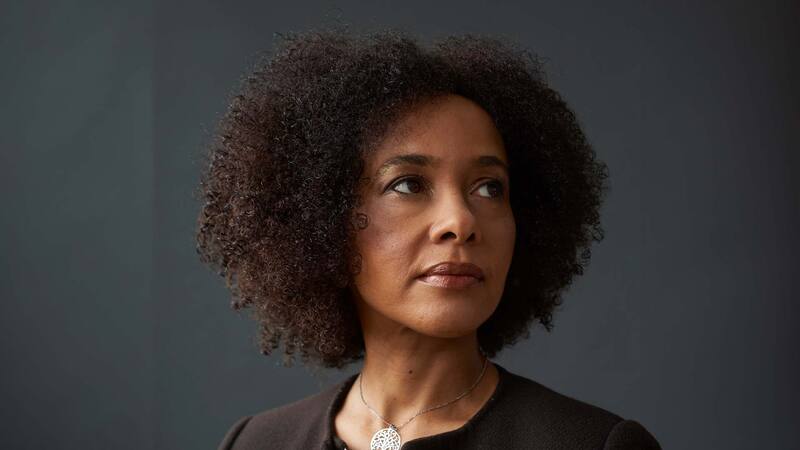You are viewing your 1 free article this month. Login to read more articles.
'Masterful' Ruth Ozeki wins 2022 Women's Prize for Fiction
American-Canadian author Ruth Ozeki has won the 2022 Women’s Prize for Fiction with her "sparkling" fourth novel The Book of Form and Emptiness (Canongate).
The announcement was made at an awards ceremony in Bedford Square Gardens, central London, on 15th June, hosted by novelist and prize founder and director Kate Mosse. The 2021 chair of judges, Mary Ann Sieghart, presented the author with the £30,000 prize, endowed by an anonymous donor, alongside the Bessie — a limited- edition bronze figurine by Grizel Niven.
"In an extraordinary year for fiction written by women, and from an incredibly strong shortlist, we were thrilled to choose Ruth Ozeki’s The Book of Form and Emptiness, which stood out for its sparkling writing, warmth, intelligence, humour and poignancy," Sieghart said. "A celebration of the power of books and reading, it tackles big issues of life and death, and is a complete joy to read. Ruth Ozeki is a truly original and masterful storyteller."
The novel tells the story of a 13-year-old boy who, after the tragic death of his father, starts to hear the voices of objects speaking to him.
Accepting the prize, Ozeki said: "This is absurd - I don’t win things. It also feel so unbelievably random because these are some of the most amazing women writers I have ever met in my life."
Ozeki, who was interviewed by The Bookseller for the book’s release last year, thanked her team at Canongate and her agents, adding: "I would not be here without the support of women and women’s institutions and this is why this prize is so important to me. All my life I have been supported by [them] and all my life I’ve been trying to give back."
Speaking to The Bookseller at the ceremony, she added: "I don’t write novels to win prizes, nobody does, it would be a very stupid thing to do. In the media landscape that is so cacophonous and crowded, what prizes do is create an occasion for celebrating books. In a way it doesn’t really matter who wins.
"There’s an occasion for people to come together and appreciate the work that writers and readers do together. In that sense, I think writers are really important. Prizes like the Women’s Prize are particularly important - we need to create more occasions to bring women together, to support [them] in the creative work they do."
Canongate c.e.o. Jamie Byng said Ozeki is "a really remarkable human being". He added: "What a generous and wise and thoughtful and appreciative woman she is - and she’s an absolutely brilliant writer too, which always helps."
Ozeki fought off competition from a shortlist featuring bestseller Meg Mason’s Sorrow & Bliss (Weidenfeld & Nicolson), The Island of Missing Trees by Elif Shafak (Penguin), Lisa Allen-Agostini’s The Bread the Devil Knead (Myriad Editions), Louise Erdrich’s The Sentence (Little, Brown) and Maggie Shipstead’s Great Circle (Penguin).
None of the six authors had been shortlisted for the prize before, and only Shafak has been previously longlisted.
On the judging panel this year were journalist and editor Lorraine Candy, novelist and journalist Dorothy Koomson, journalist and author Anita Sethi, and journalist, broadcaster and author Pandora Sykes.


















